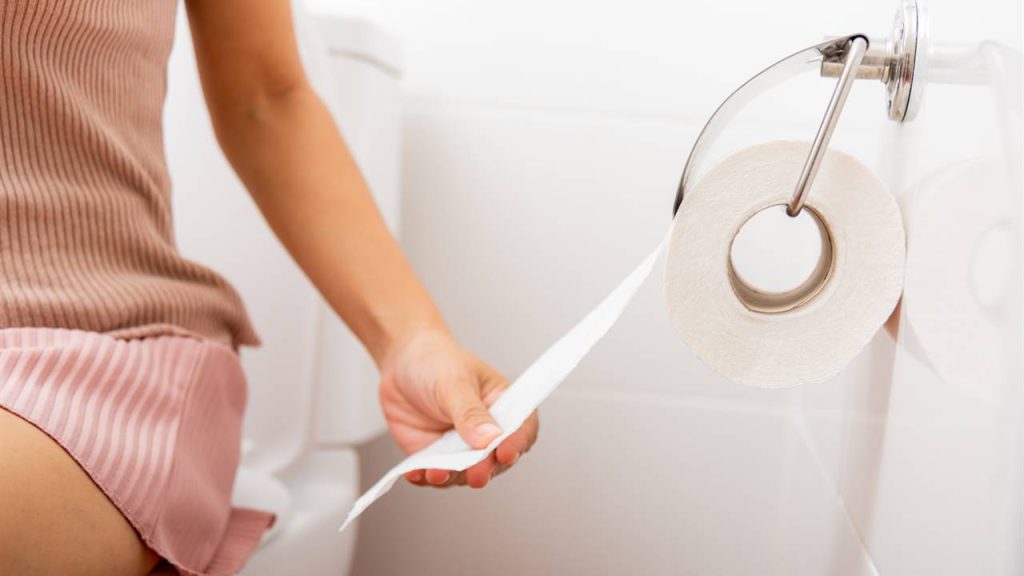They are called PFAS and are found around you in all kinds of household and consumer items. Children would be the most harmed.

A new study has highlighted that toilet paper may contain PFAS or perfluoroalkyl and polyfluoroalkyl substances, which are potentially carcinogenic toxic (linked to testicular and kidney cancer). Researchers at the University of Florida say these substances would be present in toilet paper rolls from North, South and Central America, Africa and Western Europe.
Another Duke University study, published in the Clinical Journal of the American Society of Nephrology, recently warned that PFAS are found in a variety of consumer items and in the home and are capable of damaging the kidneys, especially in children.
WHAT ARE PFAS AND HOW THEY AFFECT HEALTH
PFAS are endocrine disruptors and exposure to some of them, particularly perfluorooctanoic acid (PFOA) and perfluorooctanesulfonic acid (PFOS), is associated with impaired immunity, cancer, thyroid disease and other health problems. Mothers and young children may be especially vulnerable to these chemicals, which can affect reproductive and developmental health.
PFAS are not biodegradable and tend to accumulate in the human body (also in fish and land animals). According to the latest research, these PFAS are already present in U.S. wastewater and have arrived there directly from cosmetics, textiles, food packaging, and other sources.
Once inside the body, they arrive with the blood to the kidneys, purifying organs very sensitive to toxic compounds. “It’s critical to understand how these substances might contribute to kidney disease,” said Stanifer, an author of the Duke University study.
Stanifer’s team reviewed 74 studies on PFAS and determined that they were associated with worsening kidney function. They found that there are several ways in which these substances can harm them.
WHERE ARE THE PFAS
The man-made substances and pollutants that have set off alarms are called perfluoroalkyl and polyfluoroalkyl (PFAS). These toxic compounds are ubiquitous around us:
- They are found in the air we breathe
- In purified water
- In food wrappers (such as microwave popcorn bags)
- In personal hygiene products such as shampoos, dental floss, nail polish or makeup
- In fabrics with anti-stain or water-repellent treatments (such as Gore-Tex and other waterproof fabrics)
- In nonstick pans and pots (such as Teflon)
- In polishers, waxes, paints, household cleaning products and fire extinguishers.
- On toilet paper, according to the latest research.
HOW TO AVOID PFAS
To avoid all these substances, you can:
- Choose cosmetics and household hygiene products with organic certification
- Give up processed foods that come in plastic wrappers.
- Wear garments made of natural materials, preferably with the GOTS seal (Global Organic Textile Standard)
- Use iron or steel kitchen utensils without non-stick coverings.
TEFLON’S PFOA ALTERNATIVE, GENX, IS ALSO HARMFUL
Researchers wanted to draw special attention to one of these harmful compounds whose use is multiplying, GenX.
This component has been developed by Chemours, a subsidiary of DuPont, to replace PFOA – a PFAS invented 50 years ago by DuPont – in the manufacture of nonstick surfaces similar to Teflon.
Research on the negative effects of PFOA was piling up and with it its image worsened. But the alternative, GenX, isn’t safe either.



